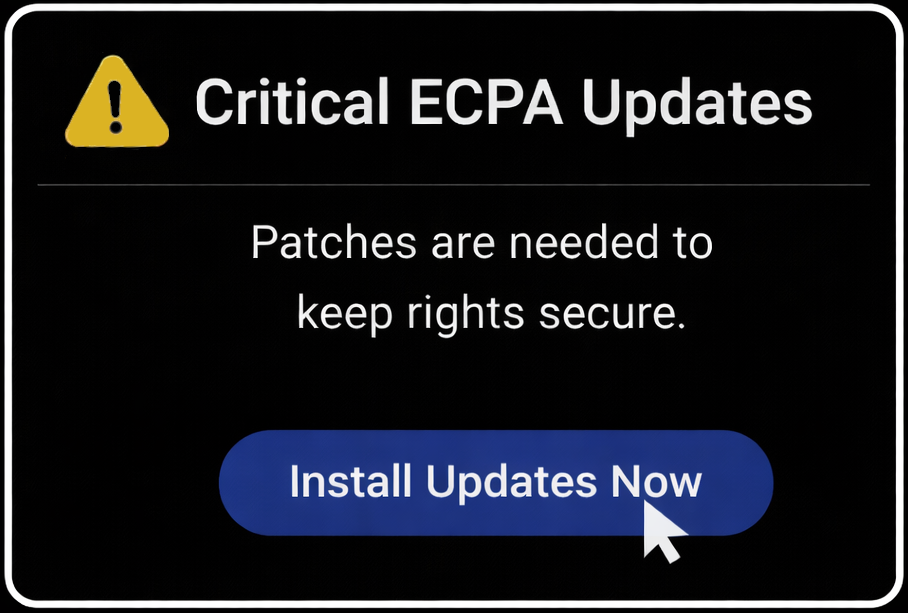The Week That Was: All of Lawfare in One Post
On Thursday morning, Attorney General William Barr held a press conference to discuss Special Counsel Robert Mueller’s long-awaited report on Russian electoral interference before releasing a redacted copy of the report to the public. The report consists of two volumes: one that addresses Russian electoral interference and a second that examines potential obstruction of justice on the part of President Trump. Lev Sugarman posted the executive summaries of both volumes, and Mikhaila Fogel shared a special edition Lawfare Podcast that summarizes the report in under an hour:
Scott Anderson, Victoria Clark, Fogel, Sarah Grant, Susan Hennessey, Matthew Kahn, Quinta Jurecic, Sugarman, Margaret Taylor, and Benjamin Wittes shared their initial analysis of the Mueller Report. Clark, Grant, and Jurecic also provided an appendix laying out the ten instances of obstruction that Mueller investigated.
Friday morning, discussion of the Mueller Report continued. Alina Polyakova outlined three separate elements of the Russian government’s disinformation campaign surrounding the 2016 election. Josh Blackman critiqued Mueller’s conclusion that because the bribery statute can be applied to the president, so too can the obstruction statute.
Benjamin Wittes began a reading diary of the report, which he will update as he reads through the report in detail.
Mikhaila Fogel posted a special edition of the Lawfare Podcast, in which Wittes, Susan Hennessey, Mary McCord, Paul Rosenzweig, Charlie Savage, and Bob Bauer discussed the document:
Amanda Lineberry and Chuck Rosenberg considered whether statutes of limitations may prohibit prosecution of a sitting president. Bob Bauer argued that any pre-written rebuttal to the Mueller Report by Trump’s lawyers would open them up to testifying before Congress. Fogel and Taylor questioned whether Congress will ever see all of Mueller’s grand jury material.
On Monday, the U.S. District Court for the Eastern District of Virginia unsealed an affidavit in support of the arrest of WikiLeaks founder Julian Assange. Jurecic reflected on the implications of the Assange indictment and how WikiLeaks has redefined the way we see the internet. Steve Vladeck and Robert Chesney recorded a special, live edition of the National Security Law Podcast that tackled the Assange indictment and more:
Tuesday, the U.S. Court of Appeals for the D.C. Circuit issued a ruling in re Abd al-Rahim Muhammed al-Nashiri that vacated every order by Military Commission Judge Col. Vance Spath since November 2015. Grant summarized the Circuit Court’s ruling. Vladeck argued it is time for the military commissions to go.
Fogel posted a reply in further support of a cert petition on behalf of Guantanamo detainee Moath Hamza Ahmed Al-Alwi.
To make a busy week busier, Attorney General Barr ruled on Wednesday that some asylum seekers can be held indefinitely at the border.
Jurecic and Wittes argued that if President Trump told DHS officials to stop prosecuting asylum requests, he violated the Take Care Clause of the Constitution.
As the war in Syria winds down, Carol R. Saivetz considered the implications for Russia. Judd Devermont predicted that history will repeat itself as the great powers compete in sub-Saharan Africa.
Michigan Law Professor Julian Mortensen sat down with Wittes on the Lawfare Podcast to discuss her new article on Article II powers:
Suzanne Maloney proposed that Trump’s designation of Iran’s Islamic Revolutionary Guard Corps is more bark than bite. Anderson traced the implications of President Trump’s veto of the Yemen Resolution.
This week’s episode of Rational Security, the "Calm Before the Storm" edition, also tackled Trump’s Yemen veto, as well as Barr’s suggestion there was “spying” on the Trump campaign, and all things Julian Assange:
Rachel Brown and Preston Lim analyzed Trump’s foray into the world of 5G on this week’s SinoTech. Nicholas Weaver explained what a country needs to consider before buying Huawei’s 5G technology.
Alicia Loh investigated the current state of America’s first public safety broadband network.
Stewart Baker posted this week’s episode of the Cyberlaw Podcast, which looked at why France understands China’s trade strategy better than most countries do:
Michael P. Fischerkeller and Richard J. Harknett responded to Max Smeet’s recent Lawfare post on U.S. cyber strategy.
Darren E. Tromblay proposed several changes to the FBI’s prepublication review process.
Wittes and Harvard Law student Michelle Melton discussed climate change and national security on the Lawfare Podcast:
Matthew Waxman encouraged us to remember the implications of the Bay of Pigs invasion for covert warfare.
And Sam Winter-Levy reviewed Austin Carson’s book: “Secret Wars: Covert Conflict in International Politics.”
And that was the week that was.




